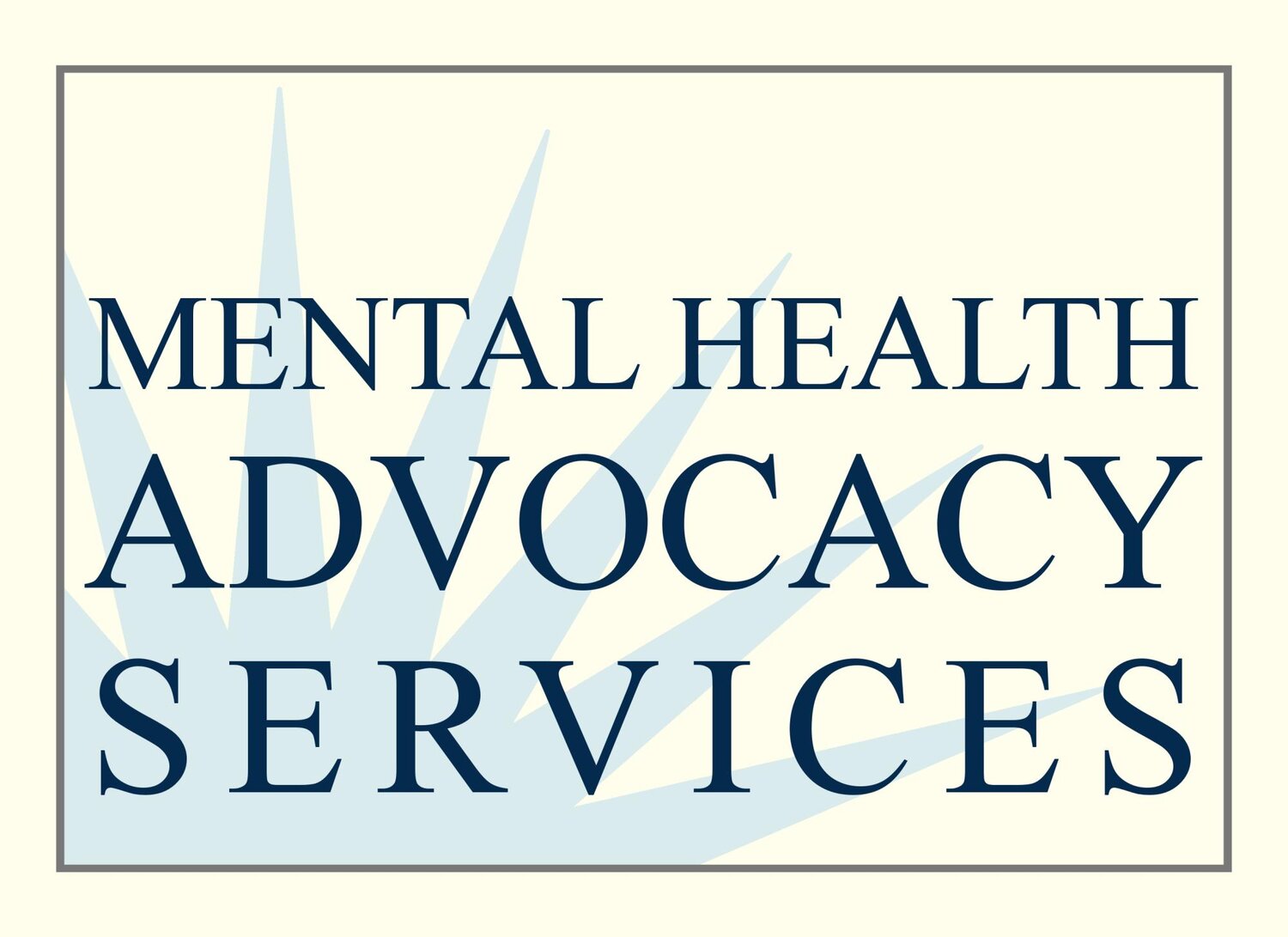DISABILITY DISCRIMINATION
Discrimination against a person with a disability is illegal under California and federal fair housing laws. For example, fair housing laws prohibit housing providers from refusing to rent or sell a property to an individual based on their disability. These laws also permit individuals with disabilities to request reasonable accommodations or reasonable modifications. Refusal to grant reasonable accommodations or reasonable modifications is unlawful disability discrimination.
What is a disability?
Under California law, a disability is a physical or mental condition that limits a major life activity. Major life activity is a broad term that covers mental, physical, and social activities such as working, eating, walking, breathing, etc. To limit a major life activity, the condition only needs to make the activity more difficult to perform.
For more information on the definition of disability under California and federal fair housing law, please refer to our Fair Housing Manual or our Fair Housing Presentation. You can also review the definition of disability under the Fair Employment and Housing Act, which can be found in the California Government Code (Cal. Gov. Code § 12926).
What does discrimination against disabilities look like?
Discrimination against a person with disabilities can come in many forms. For example, a landlord can refuse to rent to a person with a disability, or they can refuse to grant an existing tenant a reasonable accommodation that they need to fully use and enjoy their apartment. These forms of discrimination can even affect individuals who do not currently have disabilities. You can see some examples of prohibited discrimination below.
-
Stereotypes are generalizations that are applied to a group of people. These generalizations are not necessarily based on fact, and they can lead to discrimination against vulnerable populations. For example, individuals with mental illnesses are sometimes stigmatized and may be subject to negative stereotypes, such as “people with mental illnesses are more violent.” Harmful stereotypes can lead to landlords refusing to rent to individuals simply because they have a mental illness or other disability. However, this would be unlawful discrimination.
Landlords and other housing providers are prohibited from discriminating against a person because they have a disability or due to the type of disability they have. A landlord cannot refuse to rent or continue to rent to a person on the grounds that they have a mental illness. Any adverse action must be based on the individual person’s actions and history, not stereotypes.
For more information on the requirement for individualized assessments, please review the definition of direct threat in the California Code of Regulations (2 CCR § 12177).
-
Not all discrimination against a disability is based on an individual’s current disability. In some cases, an individual may experience discrimination based upon a disability they used to have. Discrimination based upon a former disability is also prohibited by fair housing laws.
For example, consider a tenant with reduced physical mobility related to a medical treatment. This physical limitation could qualify as a physical disability and could result in a need for reasonable accommodations or reasonable modifications. Even after the tenant’s treatment has completed, and their physical mobility has been restored, a landlord might unlawfully refuse to allow the tenant to renew their lease because of their prior need for an accommodation. Even though the tenant may no longer be considered disabled, the refusal to rent would still be considered unlawful discrimination against a person with a disability under fair housing laws.
For more information, please review the definition of individual with a handicap under the Code of Federal Regulations (24 CFR § 100.201) and the definition of mental and physical disability under the California Government Code (Cal. Gov. Code § 12926).
-
Individuals who do not have a disability can also experience unlawful discrimination based upon a disability. For example, a landlord may discriminate against a housing applicant who is a veteran because the landlord thinks or believes that the applicant may have post-traumatic stress disorder (PTSD) – a disorder that disproportionately affects veterans – and does not want to rent to people with PTSD. Although the applicant may not actually have PTSD, they are still protected against discrimination based on the perceived disability. In California, this applicant would also have protection against discrimination based on their status as a veteran.
For more information, please review the definition of individual with a handicap under the Code of Federal Regulations (24 CFR § 100.201) and the definition of mental and physical disability under the California Government Code (Cal. Gov. Code § 12926).
For more information on protected classes in California, including veteran or military status, you can review the list of protected classes under the California Fair Employment and Housing Act (Cal. Gov. Code § 12955).
-
Under federal and California law, a housing provider is prohibited from sharing a tenant’s diagnosis or disability with other tenants. This includes the verification of disability documentation and the request for an accommodation or modification. Sharing this information is a violation of fair housing laws.
For more information on confidentiality requirements under fair housing protections, please refer to the California Code of Regulations (2 CCR § 12176 (e)).
Do alcoholism and illegal drug use qualify as disabilities?
Under California and federal fair housing laws, alcoholism and past illegal drug use can qualify as disabilities. Current illegal drug use does not qualify as a disability. However, individuals who use illegal drugs may have mental health or physical conditions that drive or exacerbate their drug use. These conditions may separately qualify as disabilities and may also trigger fair housing protections.
For more information, please review the definition of individual with a handicap under the Code of Federal Regulations(24 CFR § 100.201) and the definition of mental and physical disability under the California Government Code (Cal. Gov. Code § 12926).
